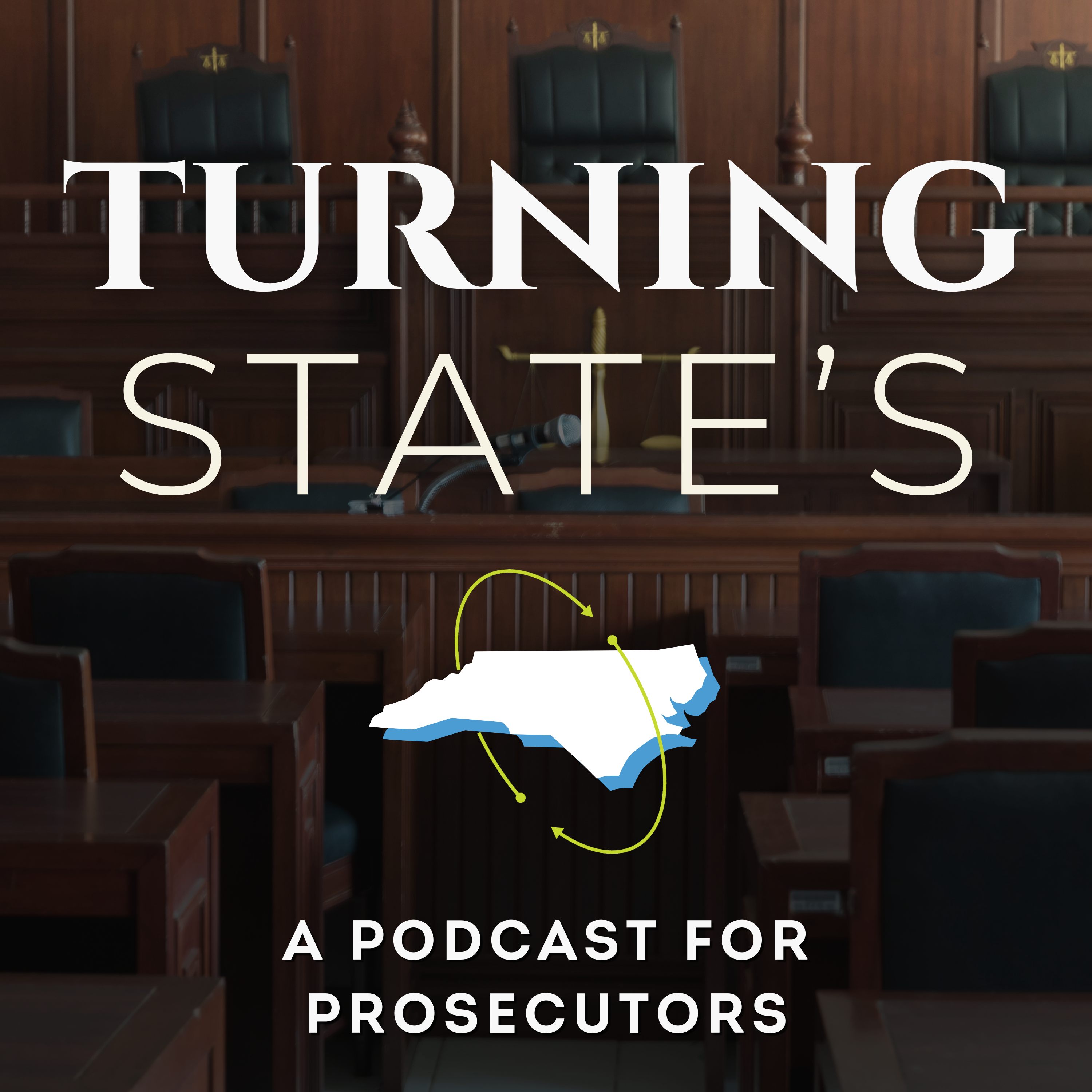In 1971, the Courts Commission made a report to the North Carolina General Assembly in which it recommended adoption of a constitutional amendment that would allow for a “workable method for censuring and removing unworthy or disabled judges in North Carolina.” See Report of the Courts Commission to the North Carolina General Assembly, at 26 (1971) (hereinafter “Report”). At that time, the North Carolina Constitution set forth two methods by which a superior court or...
NC Criminal Law
A court may permit a defendant who moves to withdraw a guilty plea after sentencing to withdraw the plea only when it is necessary to avoid manifest injustice.
Venue is proper in the entire district of the alleged offense, not just the particular county where the offense allegedly occurred. See G.S. 15A-131(b). Probable cause hearings are an exception and must be held in the county where the offense occurred. See G.S. 15a-131(c).
The state is not barred from recharging an offense if it was dismissed because the state’s motion to continue was denied.
If a search warrant validly describes the premises to be searched, a car located on the premises may be searched even though the warrant contains no description of the car. State v. Courtright, 60 N.C. App. 247, 249 (1983).
A trial judge may permit any party to introduce additional evidence at any time before verdict. See G.S. 15A-1226(b).
- ‹ Previous
- 2 of 12
- Next ›
